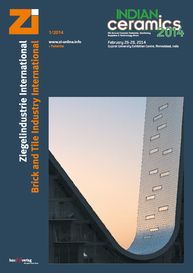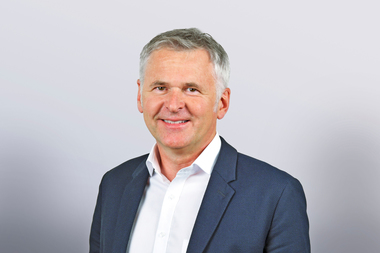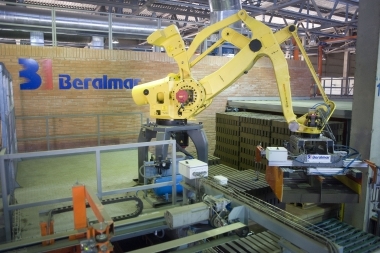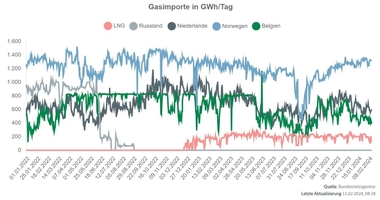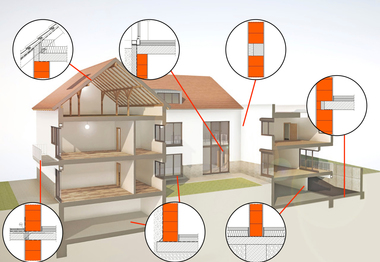Energy turnaround in Germany – good intentions are not always followed up by good deeds!
The Green party and parts of the CDU have now identified someone to blame for the cost increases: the “evil” industry that is partly exempted from paying the levy for the promotion of alternative energies. Not only that it does not pay the levy in full, it profits from the lower prices on the Leipzig Energy Exchange. This line of argument grossly distorts the facts and ignores the above-described actual causes of the immense rise in costs. Only very few extremely power-intensive industries profit from the low prices at the Energy Exchange.
There is nothing else for it, policy makers have to honest when it comes to the energy turnaround! The German voters wanted the energy turnaround and believed that Germany could single-handedly save the global climate! Now they have to bear the cost! The promises that the whole thing would be economically viable in view of the rapid increase in the prices for fossil energies have become obsolete at the latest after the successes in gas and oil fracking and the fall in prices triggered by these.
A discussion about shifting the burden onto the energy-intensive industries in Germany is absurd, weakens Germany as an industrial base and overlooks the real problem. It is our task in the next months together with the other affected industries to make this clear.


